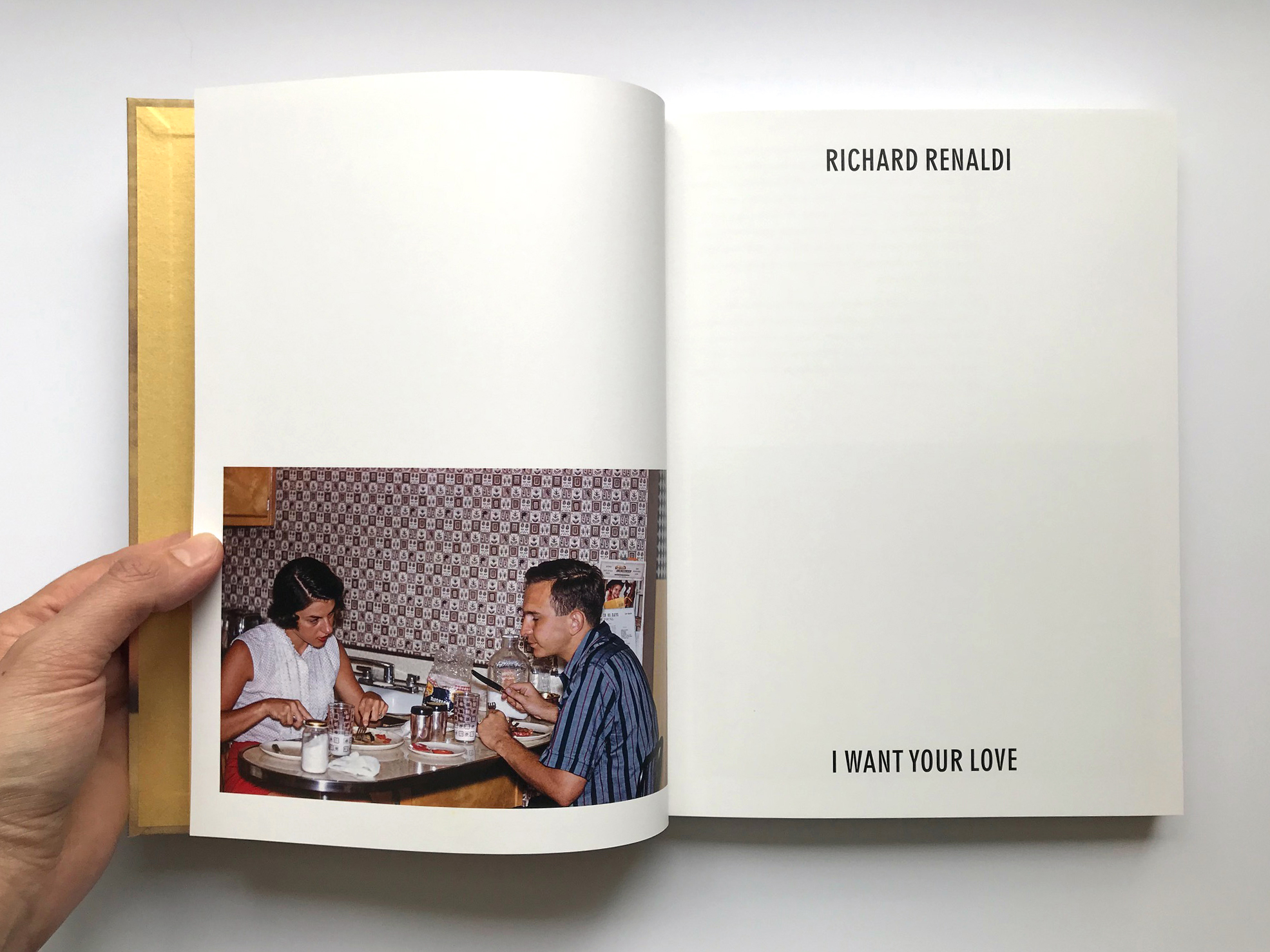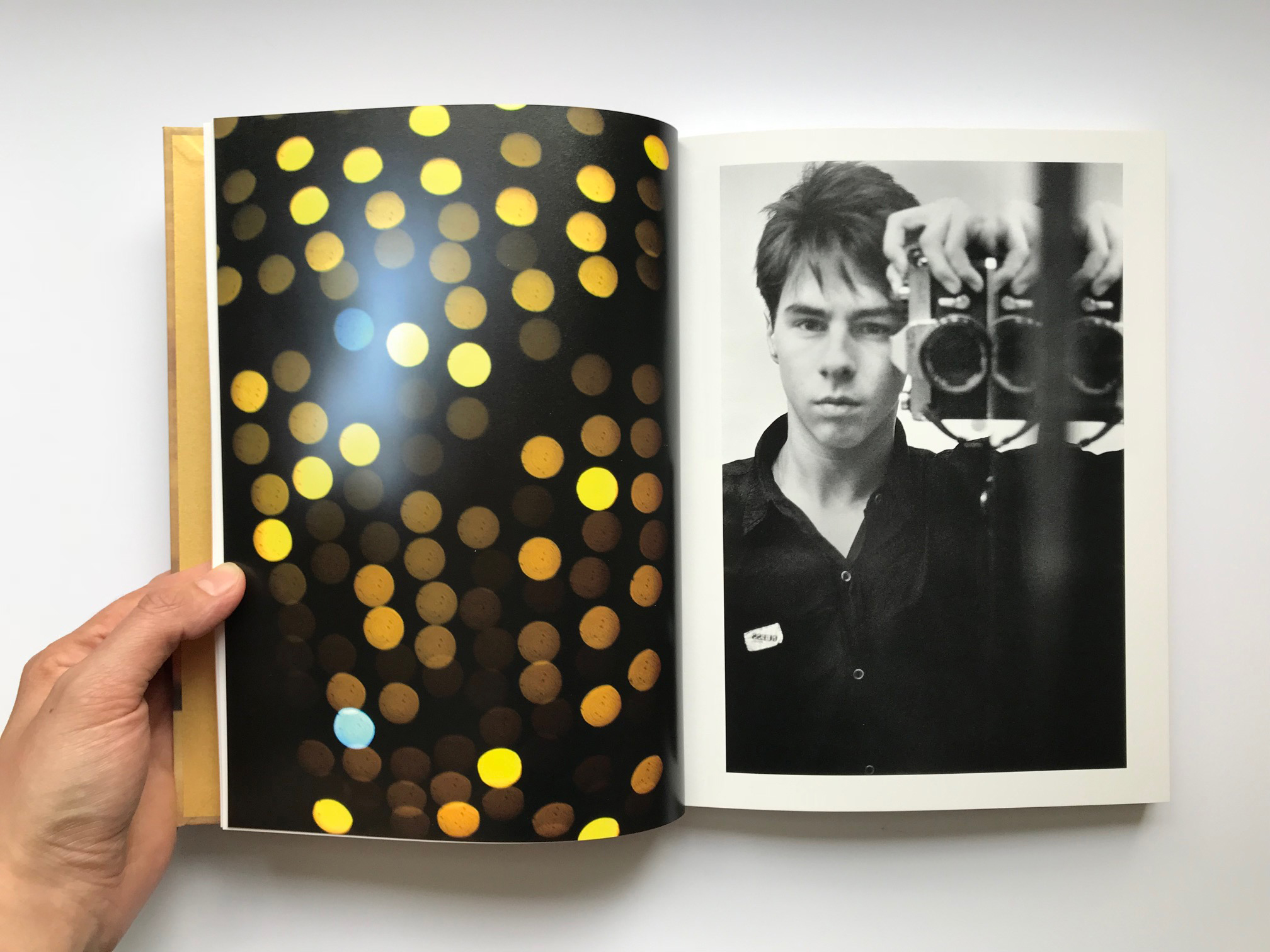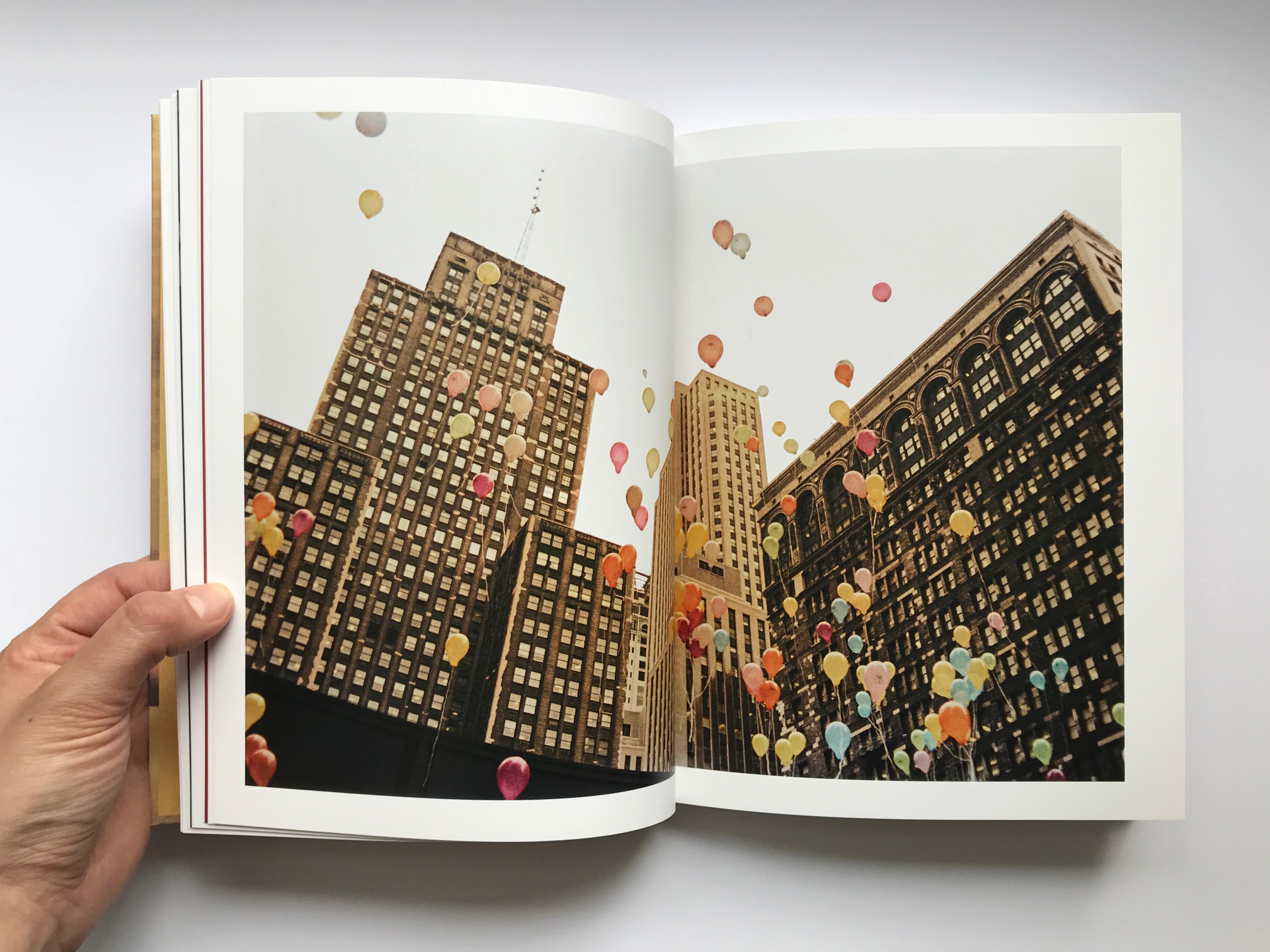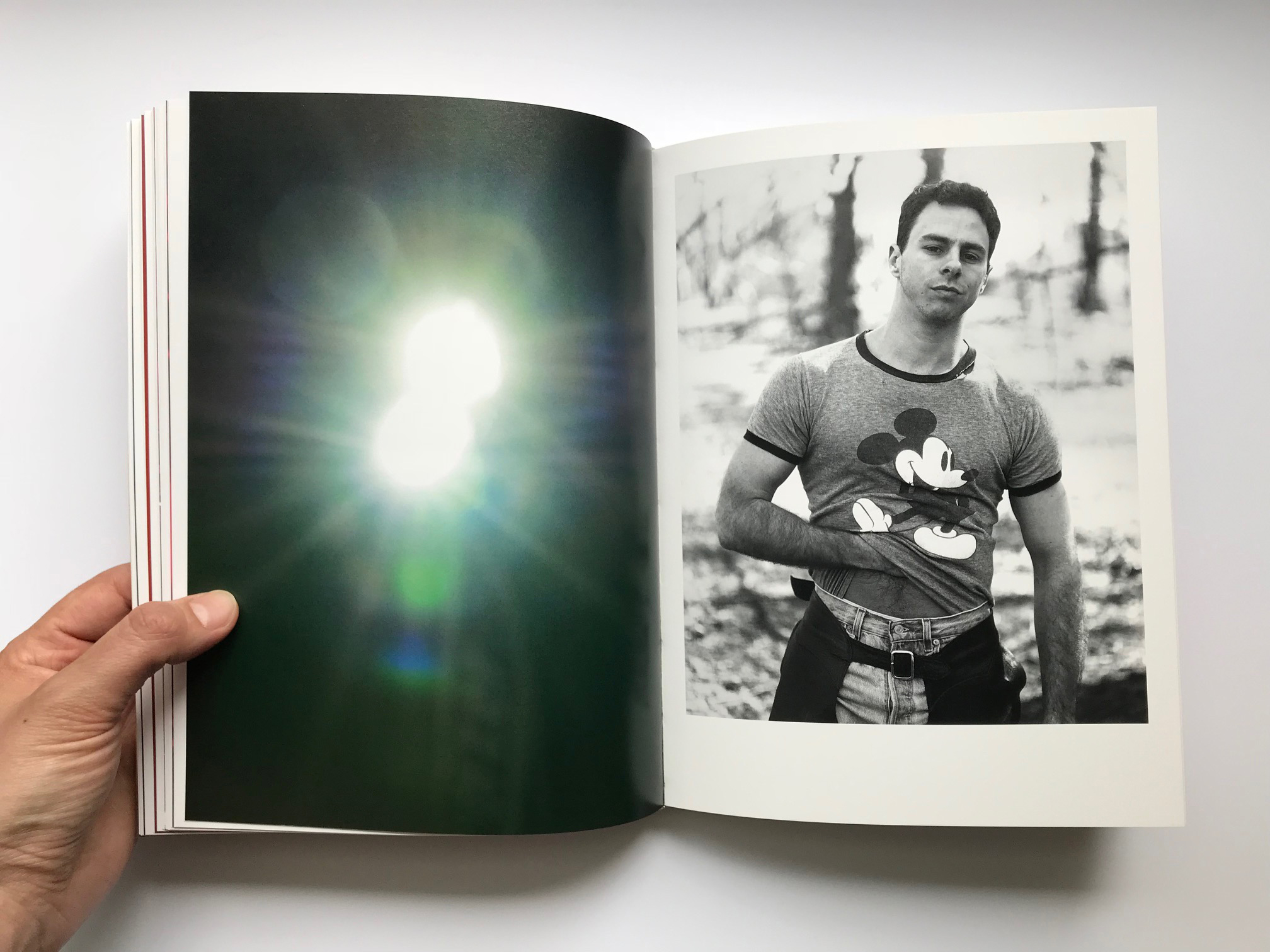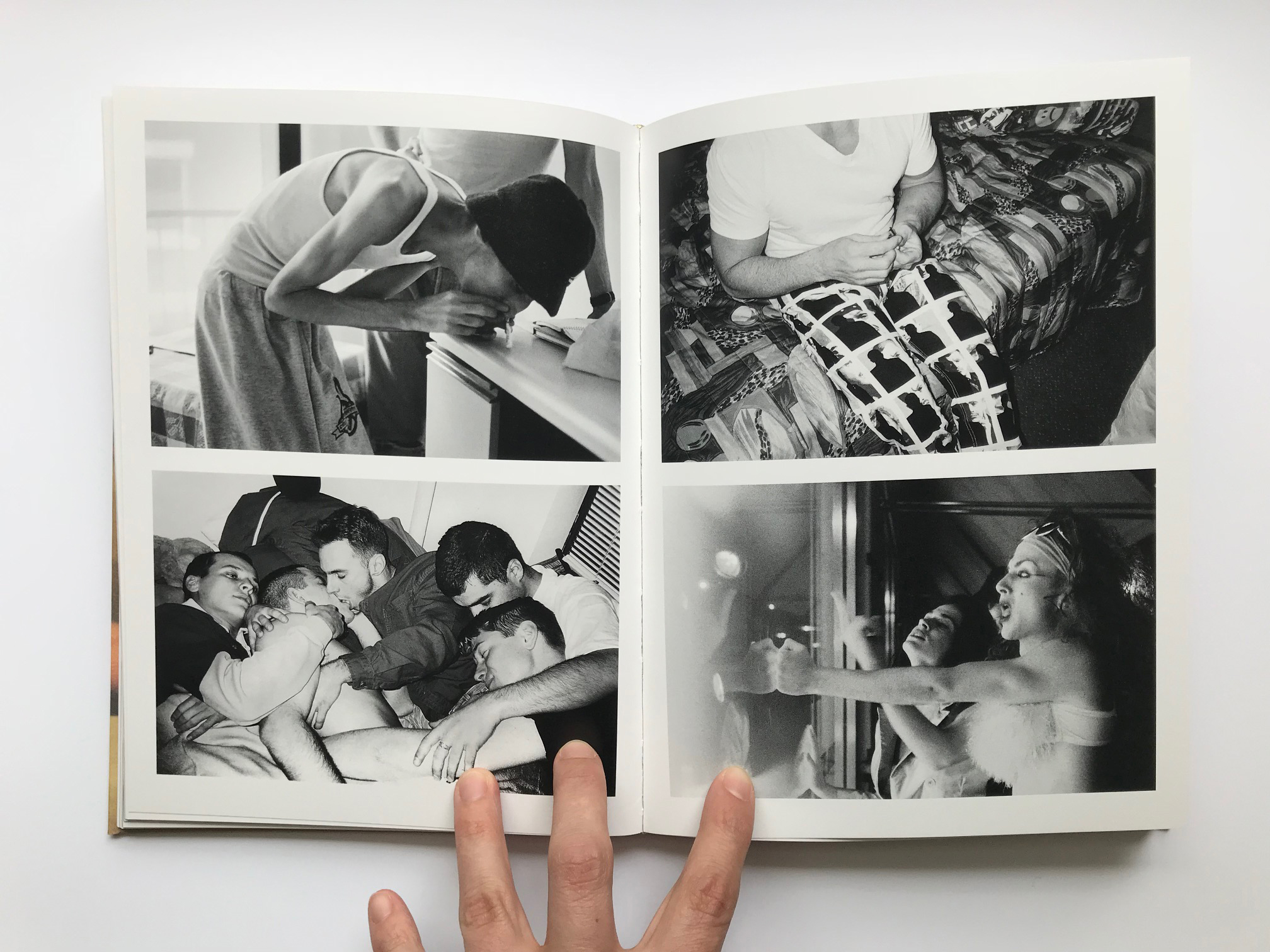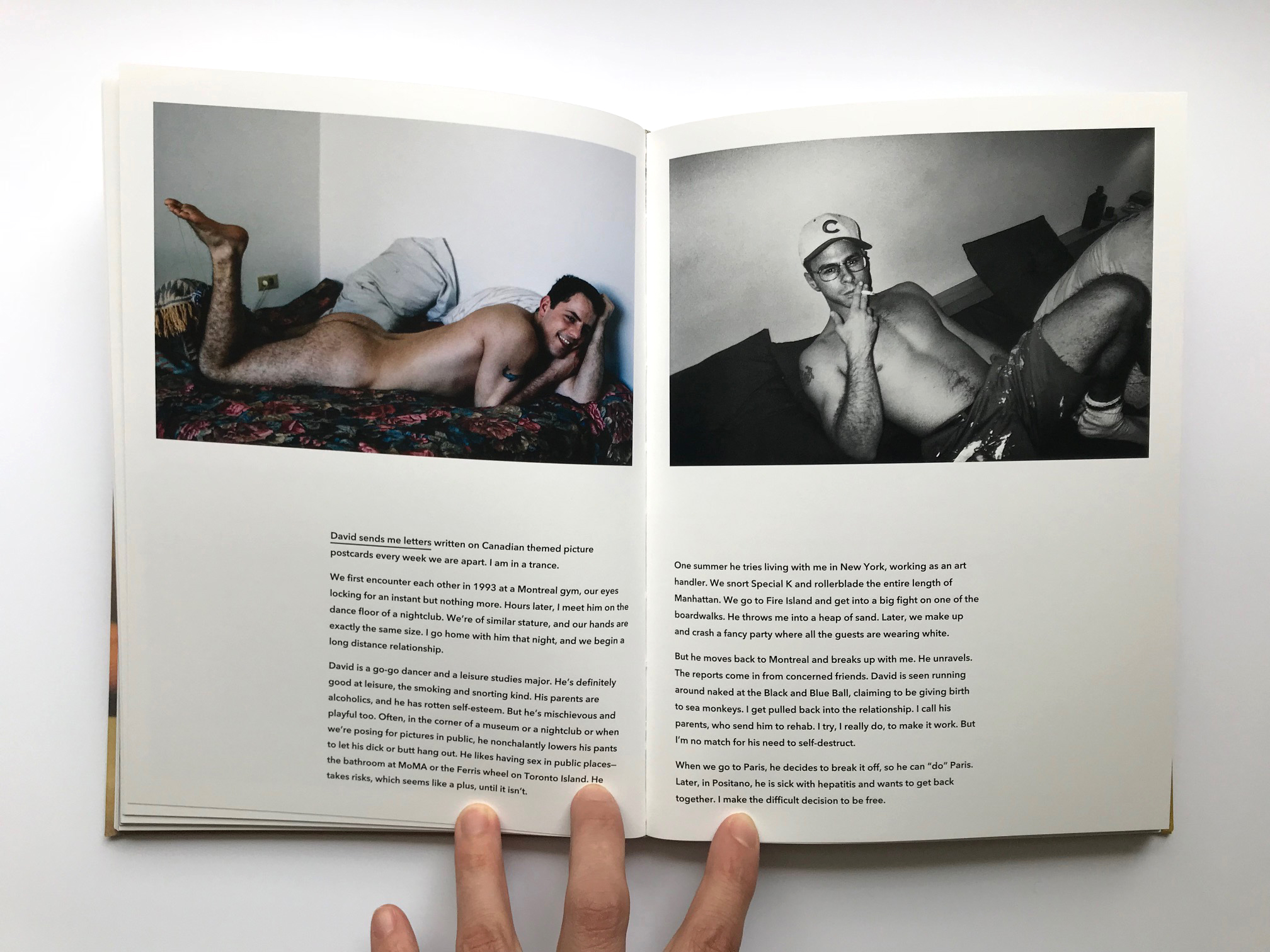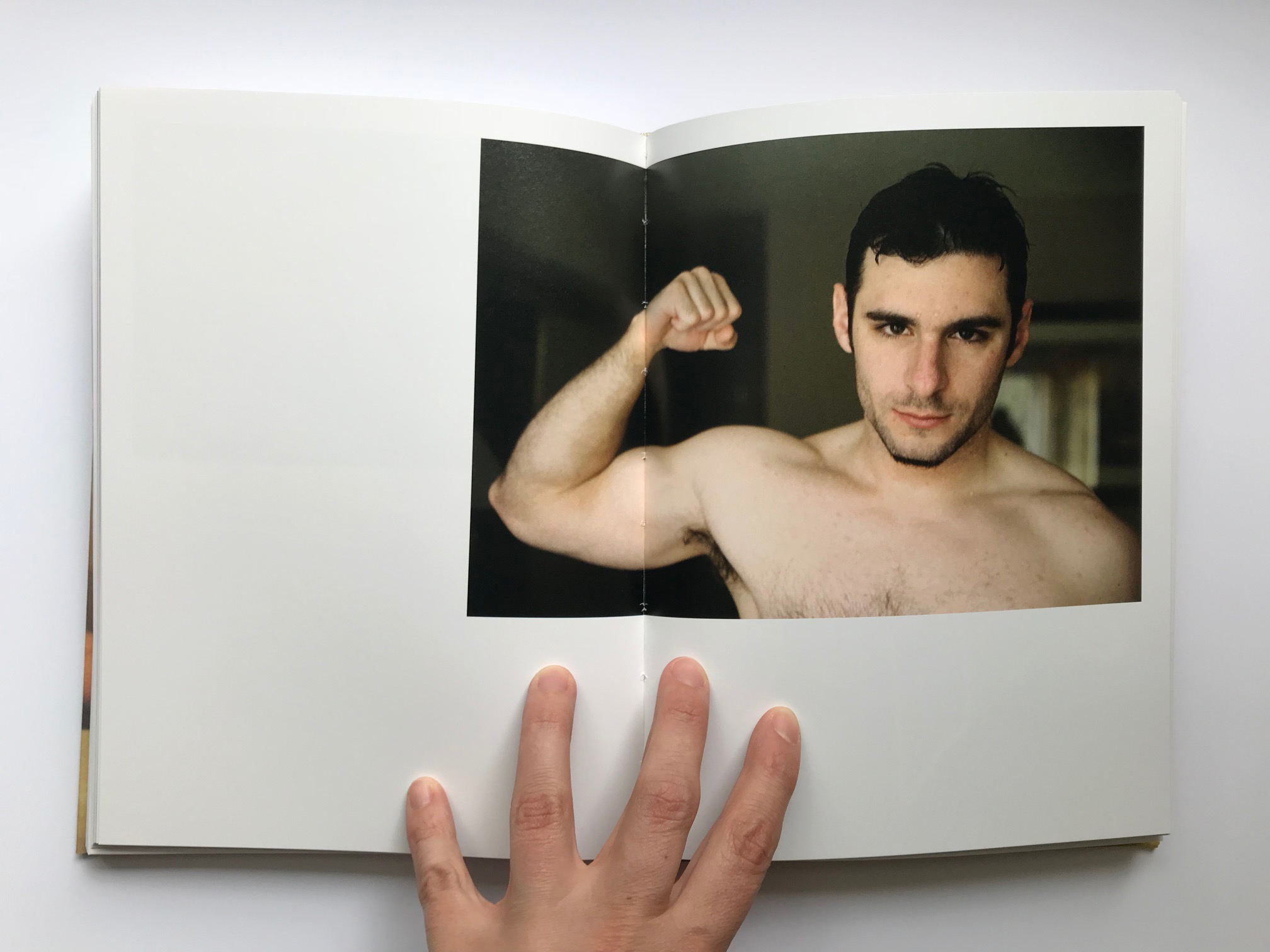Book Review: Richard Renaldi's "i want your love"
By Jess T. Dugan | June 4, 2018
Published by Super Labo / 7.5 in. x 10 in. / 176 pages / 103 full color plates / 59 duotone black and white plates
Printed in Japan in an edition of 1000 / US allocation of 300 signed copies / March 2018
Richard Renaldi made his first self portrait in 1978 when he was ten years old. Standing in the bathroom of his family’s house in suburban Chicago, dressed in a rugby shirt and white chinos, arms folded, a young boy calmly appraises the camera. He parts his lips around his front teeth and ventures a hesitant grin. He waits for the timer to click. Thus begins the work of self-examination that will occupy him for the rest of his life. I Want Your Love is Richard Renaldi’s visual autobiography, navigating the most intimate moments of a seemingly charmed life. From his earliest years spent in Chicago in the 1970s, I Want Your Love follows the arc from childhood to middle age, exploring what it means to be young and perpetually seeking, and what it means both to find and to lose the things we most deeply treasure. (Super Labo, 2018)
Richard Renaldi’s newest book, I Want Your Love, adds an important new dimension to his extensive body of work. Whereas his two other recently-published projects – Touching Strangers and Manhattan Sunday – look outward, depending heavily on chance encounters with strangers, I Want Your Love looks inward, combining autobiographical text with personal images made throughout his life to create an emotionally powerful and visually compelling memoir.
It is a difficult task to sort through fifty years of one’s own life, distilling the complexity of a full life into a selective edit of photographs and texts. It is even more difficult to do this in a way that invites the viewer to reflect – not only on the specifics of the life being portrayed – but also on more universal ideas: coming of age, yearning for approval, seeking meaningful connection with others, discovering and embracing one’s sexuality, and, perhaps most profoundly, the disconnect between who we hope to be and who we actually are. How do we each reconcile these multiple versions of ourselves?
It is brave to share one’s vulnerabilities, and this is one of the strengths of this book. Beginning with his experiences as a young boy, Renaldi writes of his parents’ divorce, his early awareness of his queerness, his experiences as a teenager and young man, early relationships and the significant power of sexual connection, his HIV diagnosis, his relationship with his family, and his relationship with his partner Seth, which, as of the book’s publication, has spanned twenty years (and has also resulted in a moving body of work, Hotel Room Portraits). He has carefully chosen which moments to reveal and highlight, adding a nuanced emphasis to particular relationships and experiences; there is graceful restraint and intention in the editing.
The book is crafted with an acute attention to detail. The formal elements – including design, printing, materials, and size – are each carefully considered. It is immersive without being overwhelming, and it is written with a spirit of generosity. It is perhaps deceptive in its refined simplicity; what it offers to the viewer is profoundly deep, complex, and beautiful.
Last, a tip: if you are in the US and want a copy of this book, you had better move quickly. There are only 300 copies allocated to the US and they’re most definitely going to move fast. Visit Charles Lane Press to order.

